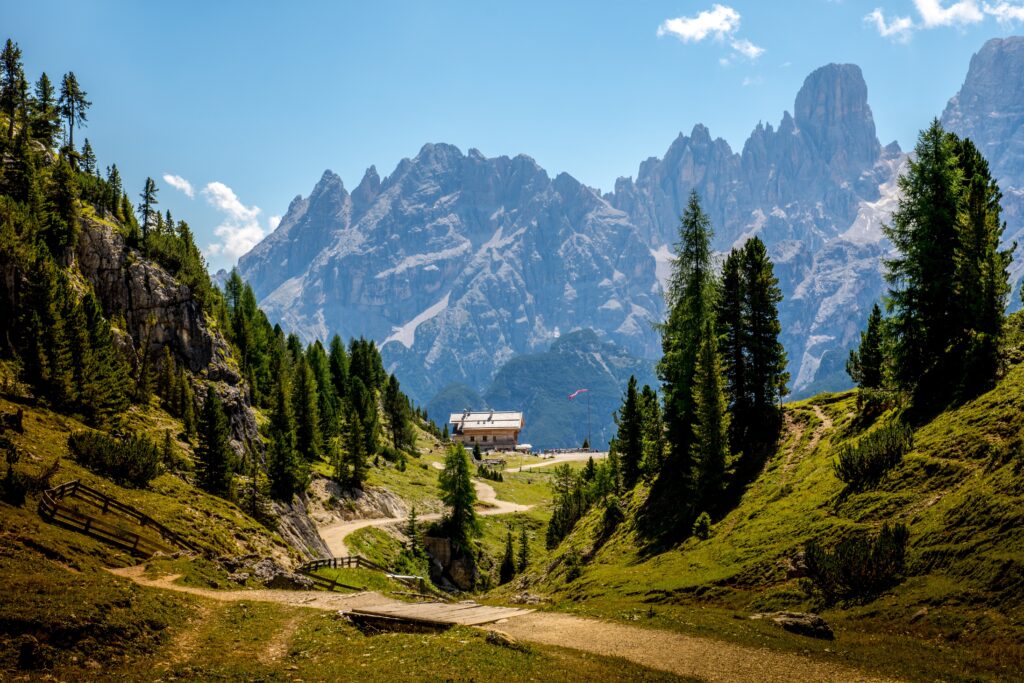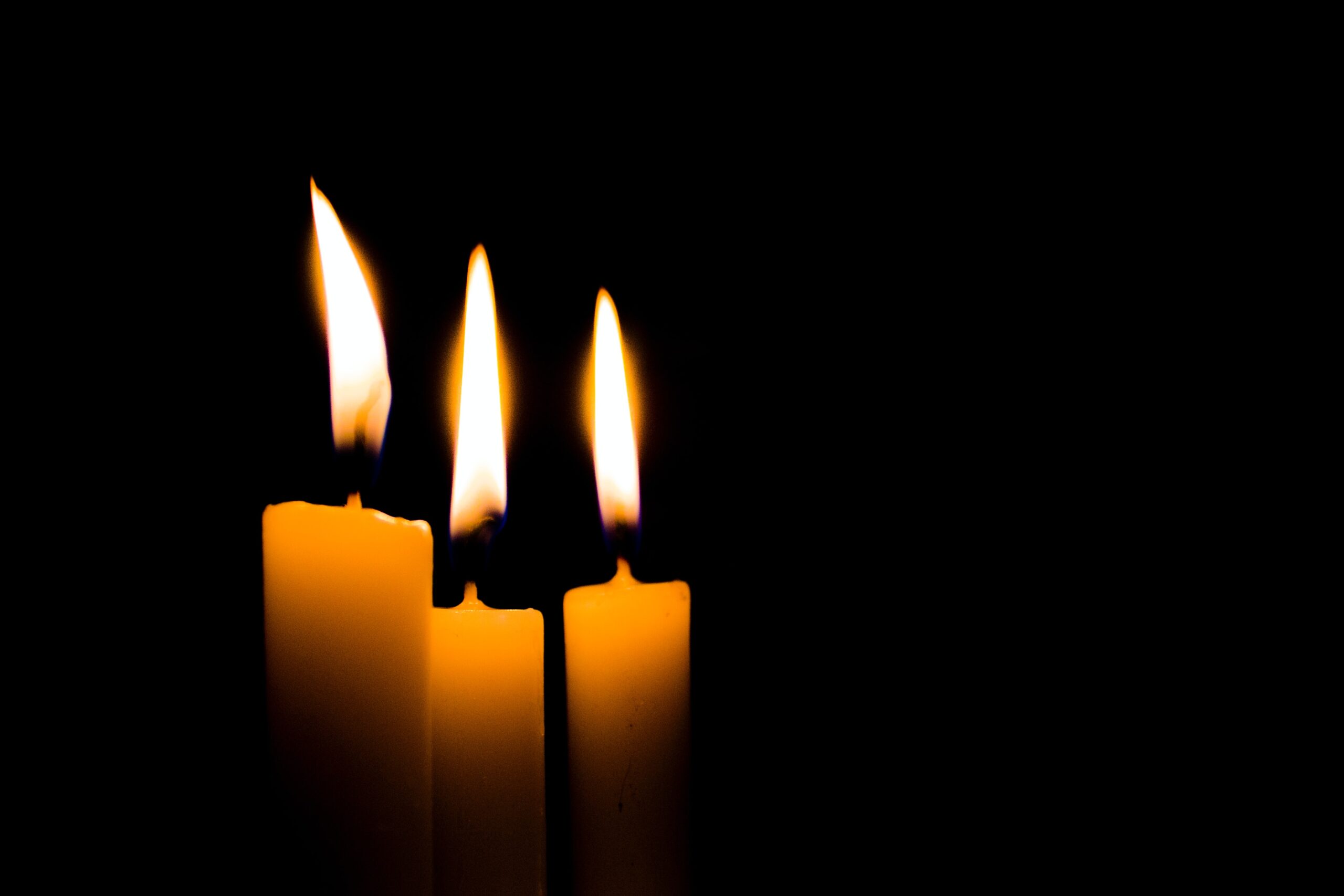
For the valleys I sing
Leonard Franchi writes a hymn to the life of valley villages, from the Vale of Leven to the Valle del Comino.
To live in a valley is to feel cocooned by the ever-watchful slopes of the surrounding hills. Whether the inclines are dotted with houses or isolated farms, the valley-dweller feels the desire to look upwards and sideways, as if to make sure that these familiar forms and their comforting presence have not slipped their anchor and headed, like free spirits, towards the heavens.
Hills and mountains provide shelter and exercise. Few gymnasia, the torture chambers of the modern city, can match the exhilaration of a shared walk with friends up and around well-trod turf. From above we find it hard to resist the temptation to peer into the valley below in search of a house. Our house. The hills of our valleys are like a mother’s arms protecting her young child from an imagined danger. “No need to worry, the fiery dragon is going for its tea now…”

Hills hide the morning sun and offer a grateful glow of welcome when it returns in the evening. From dawn to dusk they form iridescent natural boundaries between people and territory, forging communities and shared memories with their ever-present gaze.
My life is marked by two lush green valleys, one in ‘bonnie’ Scotland, the other in ‘bella’ Italia.
In Scotland, I live happily in the Vale of Leven, in a town called Alexandria. My mother, Grace, was born locally in the grounds of what is now a busy petrol station. The friends she made then remain her friends now.
My roots are also in a small village called Villa Latina, in the Comino Valley, in southern Italy. My father, Benny Franchi, was born in Vicolo Franchi, a jagged alley next to the village square. Unsurprisingly, all who lived there were related.
There is no plaque erected to mark the birth of either of my parents or their friends. That is as it should be: like so many great valley-folk they lived a life of quiet service and hard work. Such a life needs no lapidary recognition.

In the cemeteries of such valleys, there lie in peaceful repose those we knew well, those we knew a little and that vast army to whom we said ‘hello’ (or ‘ciao’) but, alas, with whom we never shared more than a few such short words.
They are still with us, watching carefully from their hillside perches. From their graves they also add to the ‘architecture’ of the valley.
The sights and smells of these small communities form banks of marvellous memories which continue to course freely through my veins. The Orcadian poet, George Mackay Brown got it right:
be at peace; interrogate the silence.
His song was for the islands, I sing for the valleys.
Like what you’ve read? Consider supporting the work of Adamah by making a donation and help us keep exploring life’s big (and not so big) issues!


2 Comments
Anne Bohan Taghian
Really lovely piece gives one a longing to see those valleys Thankyou
Carson Kretschman
Hi there! I’m at work browsing your blog from my new apple iphone! Just wanted to say I love reading your blog and look forward to all your posts! Carry on the superb work!